Article: Decoding Jewelry Eras: Antique, Vintage, Retro & Vintage Inspired
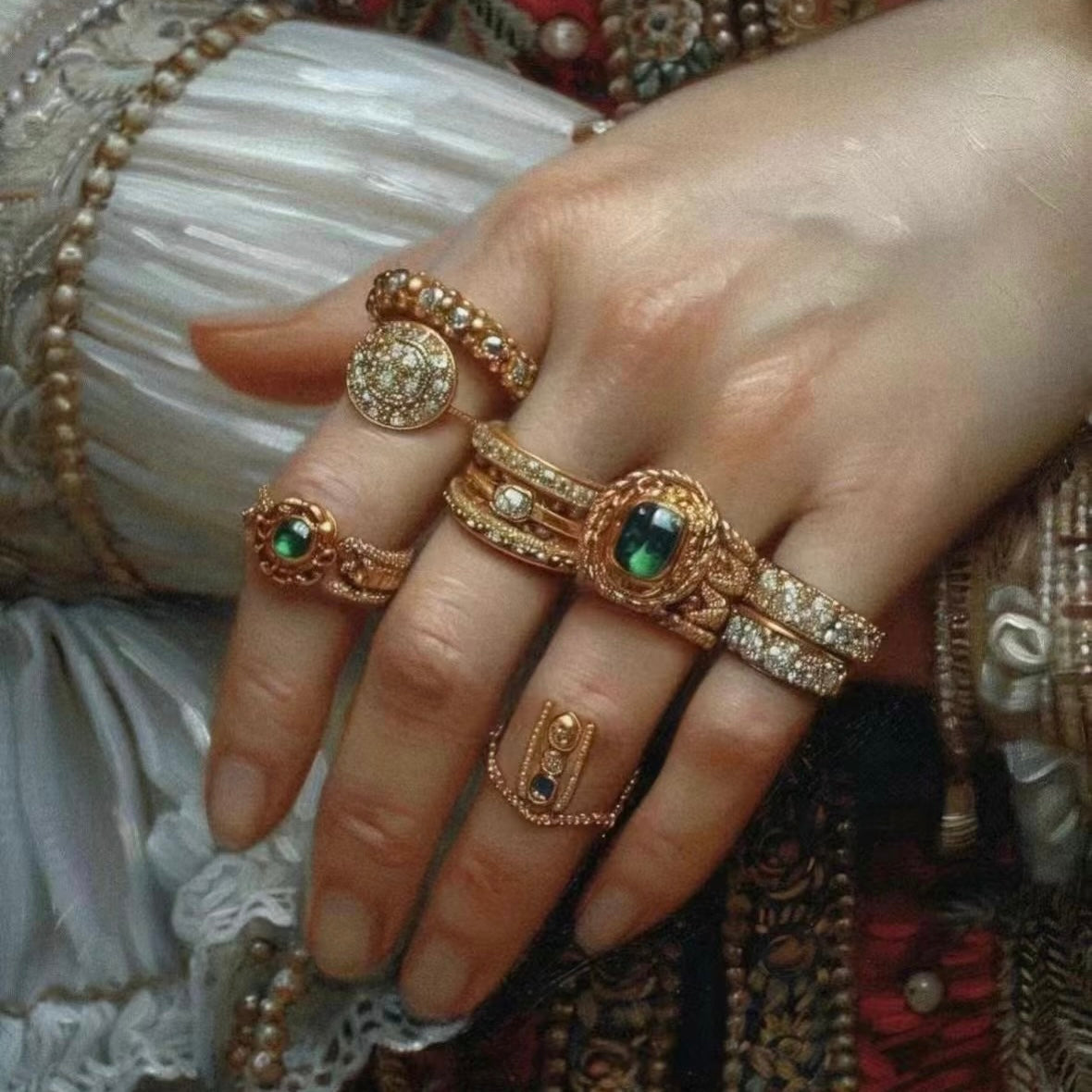
Decoding Jewelry Eras: Antique, Vintage, Retro & Vintage Inspired
The Allure of Time-Tested Treasures
In an age of mass production, jewelry carrying whispers of history captivates collectors and style seekers alike. Yet terms like "antique," "vintage," and "retro" are often blurred. Understanding their distinctions isn’t pedantry—it’s key to appreciating craftsmanship, value, and sustainable elegance.
◼️ Antique Jewelry (Pre-1925): Historical Artifacts
Antique pieces are century-old artifacts, crafted before 1925. They embody eras like Victorian opulence or Art Nouveau’s organic forms, using techniques now rare: hand engraving, mine-cut diamonds, and natural pearls. Platinum shortages during WWII even led to palladium substitutions in early 20th-century works.
Key traits:
-
Materials: 18K+ gold, silver, untreated gemstones.
-
Value drivers: Scarcity, historical provenance (e.g., pieces from royal collections).
-
Authentication: Requires documentation (e.g., hallmarks, auction house certifications).
Example: A 1920s Van Cleef & Arpels vanity case clock with carved turquoise depicting Guanyin (Goddess of Mercy)—a fusion of European craftsmanship and Asian motifs.
◼️ Vintage Jewelry (1920s–1980s): Icons of Cultural Eras
Vintage refers to 20–100-year-old pieces representing iconic styles of their decades. Unlike mere "secondhand," true vintage must be:
-
Period-exemplary: E.g., Art Deco geometry (1920s), wartime gold "lace" texturing (1940s), or Trifari’s "jelly belly" figurals (1950s).
-
Craft-intensive: Hand-set stones, intricate metalwork.
-
Brand-significant: Chanel cuffs or Van Cleef & Arpels "Ballet Dancer" brooches command premiums.
Market shift: 1940s Retro-style bracelets (oversized, gem-heavy) are currently surging at auctions like GemGenève 2025.
◼️ Retro Jewelry (Modern Reissues): Homage, Not History
Retro pieces are contemporary recreations of past designs, blending archival accuracy with modern wearability:
-
Materials: Synthetic gems, 3D-printed metals (unavailable historically).
-
Purpose-driven: Resizing Edwardian brooches into pendants; adapting clasps for daily use.
-
Brand-led: Tiffany’s 2025 Sea of Wonder collection reinterprets Jean Schlumberger’s 1968 seahorse brooch with blue zircon and moonstone.
Retro ≠ Vintage: A 2023 Van Cleef Alhambra pendant with Sèvres porcelain is Retro—inspired by 1968 designs but newly made.
◼️ Vintage Inspired: Free-Form Nostalgia
These are entirely new designs borrowing historical motifs without strict allegiance:
-
Fusion-focused: Victorian filigree + Y2K neon; Art Deco geometry + biodegradable resin.
-
Market position: Trend-driven vs. investment-grade.
◼️ Why These Distinctions Matter
1. Value & Investment
| Type | Appreciation Potential | Key Value Drivers |
|---|---|---|
| Antique | 3–5% annual growth | Rarity, historical weight |
| Vintage | Brand-dependent | Condition, iconic design |
| Retro | Limited | Craft precision |
| Vintage Inspired | Minimal | Design novelty |
Antique/Vintage tip: Check clasps! C-clasps (pre-1950s) vs. spring rings (post-1950s) reveal age.
2. Sustainable Choice
-
Extending a vintage piece’s life cuts carbon footprint by 90% vs. new jewelry 8.
-
Brands like Van Cleef & Arpels’ Heritage collection professionally restore pre-owned pieces, preserving "patina" (natural aging) while ensuring durability 6.
3. Cultural Connection
Wearing a 1940s Van Cleef & Arpels "Hawaii" brooch (ruby/sapphire/diamond French flags) isn’t just adornment—it’s a tangible link to wartime patriotism.


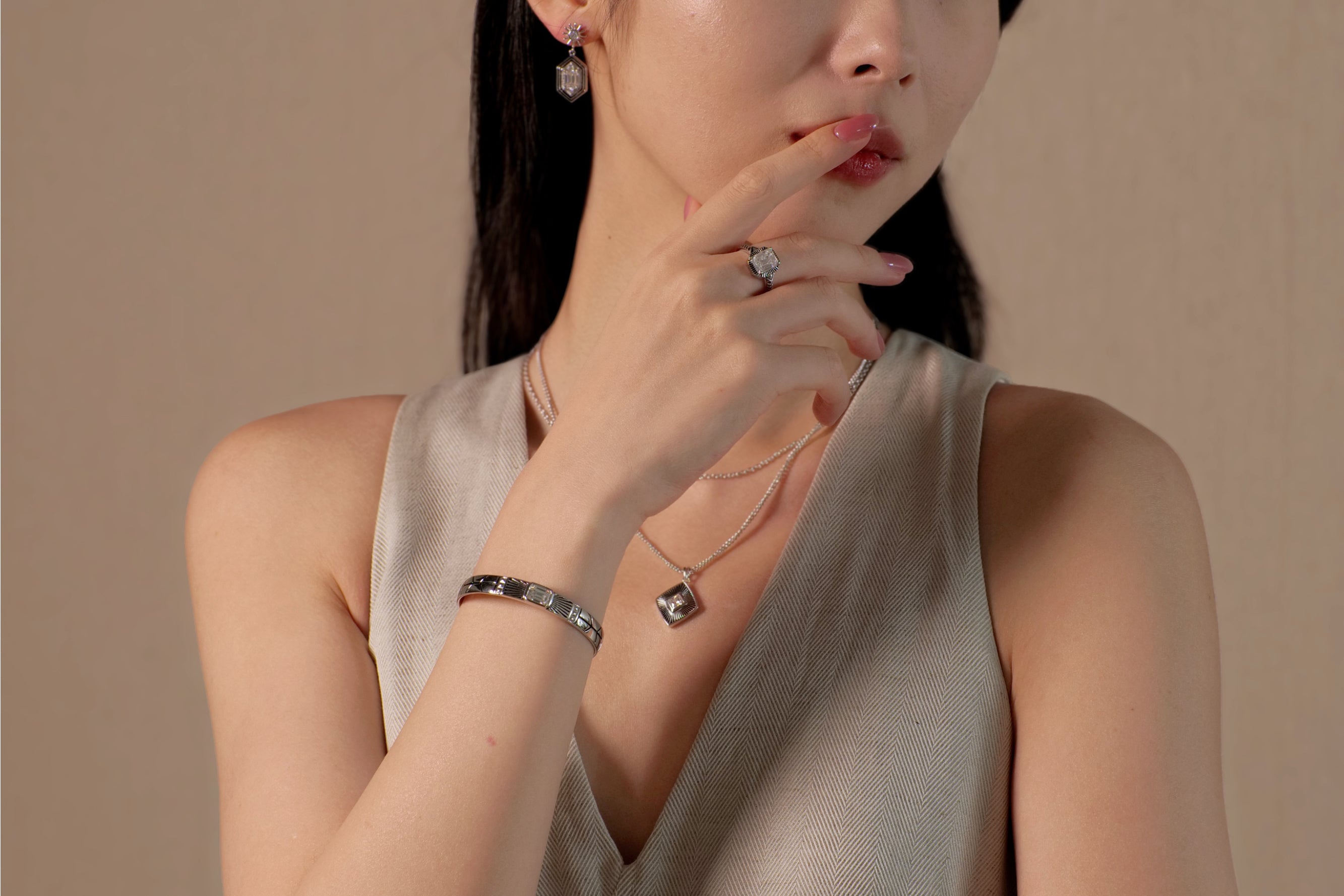
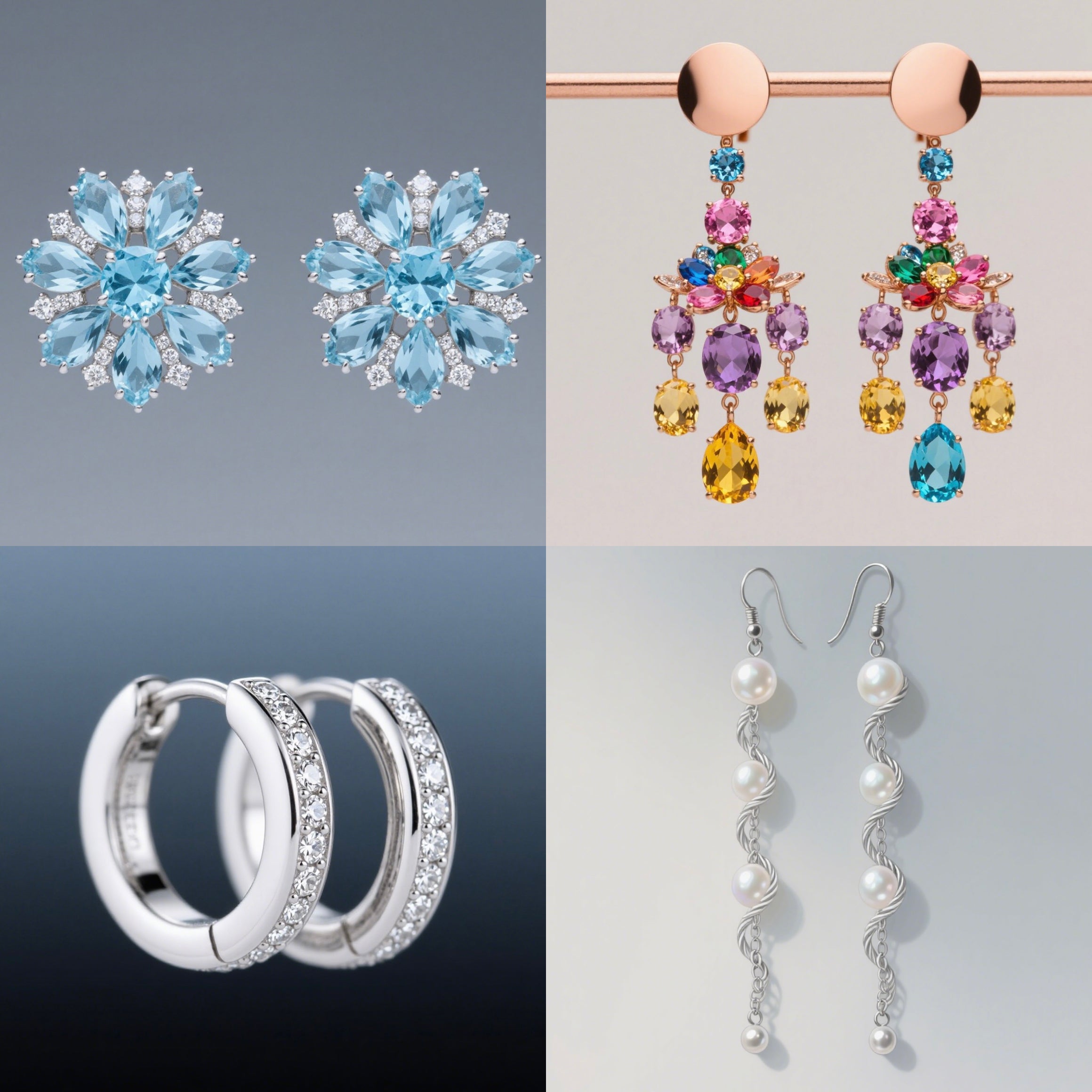
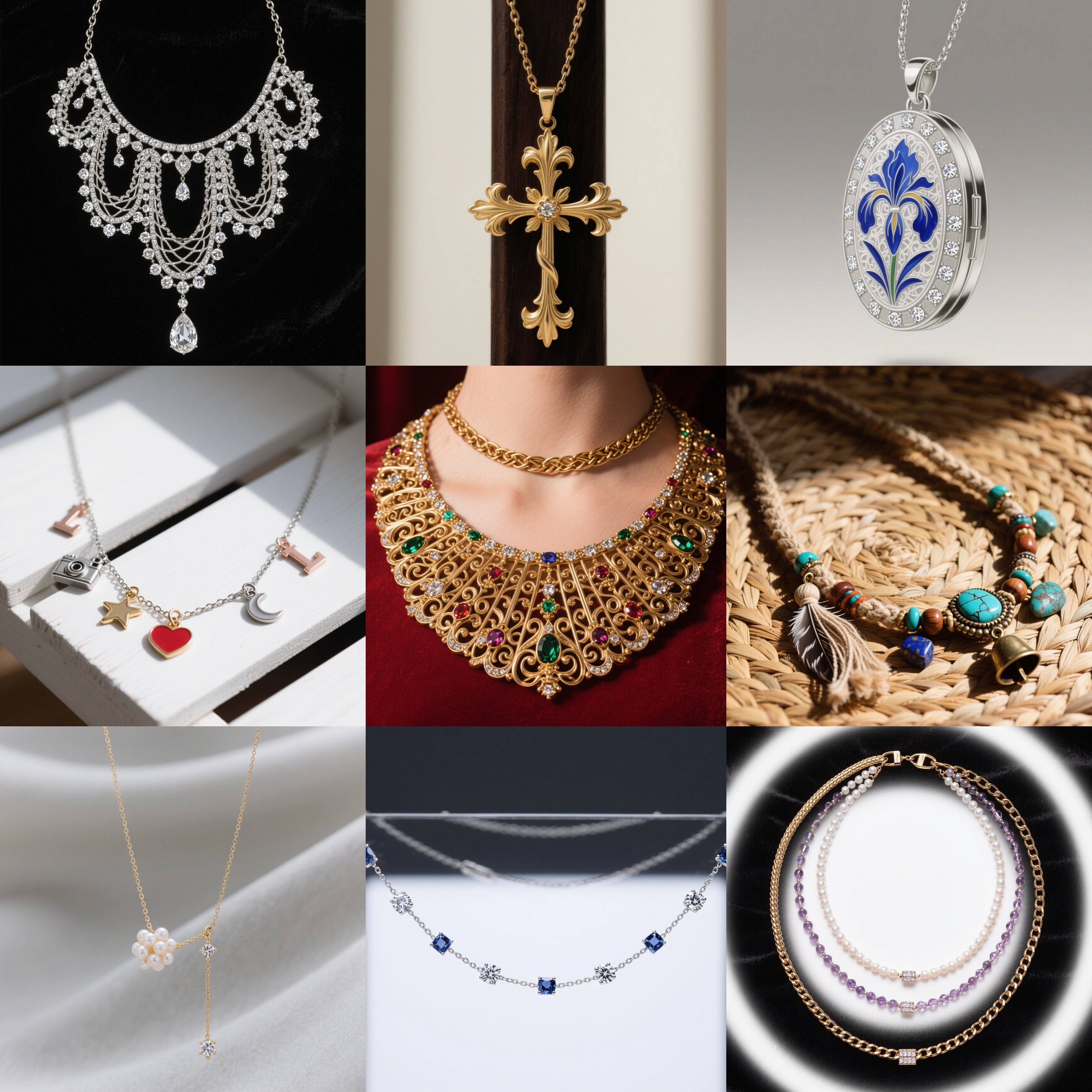
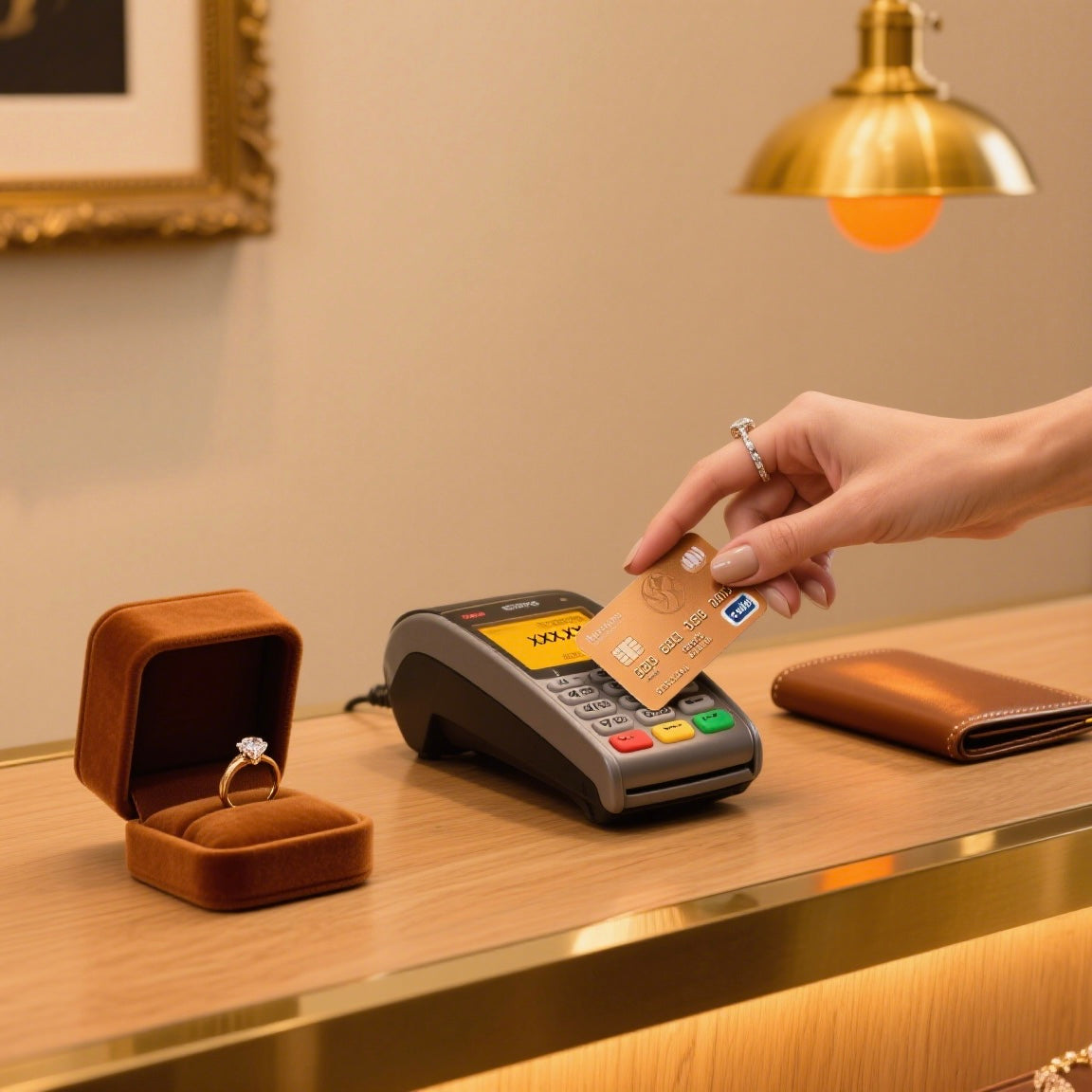
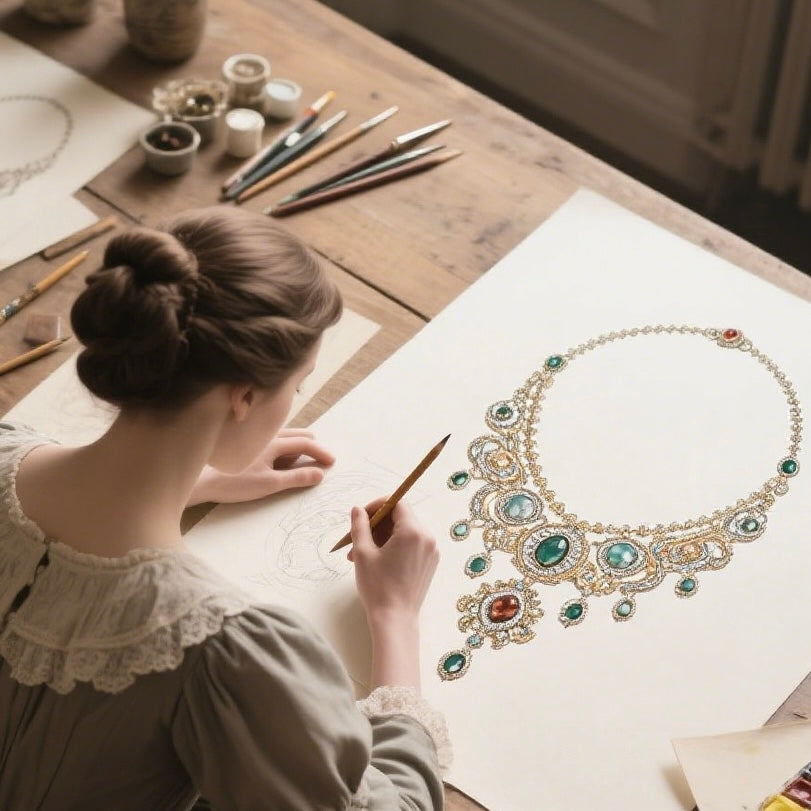
Leave a comment
This site is protected by hCaptcha and the hCaptcha Privacy Policy and Terms of Service apply.